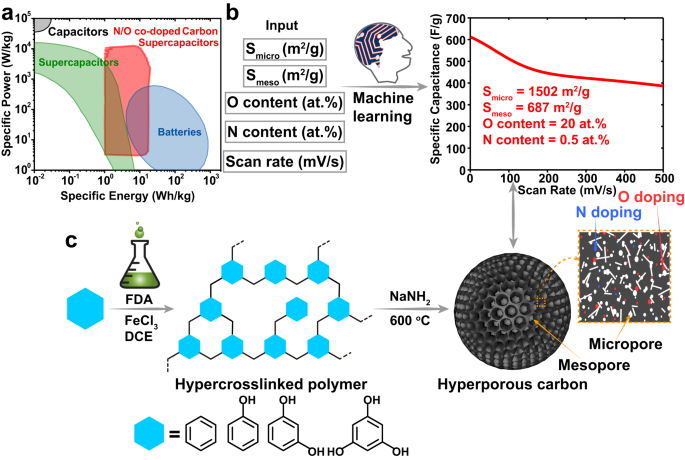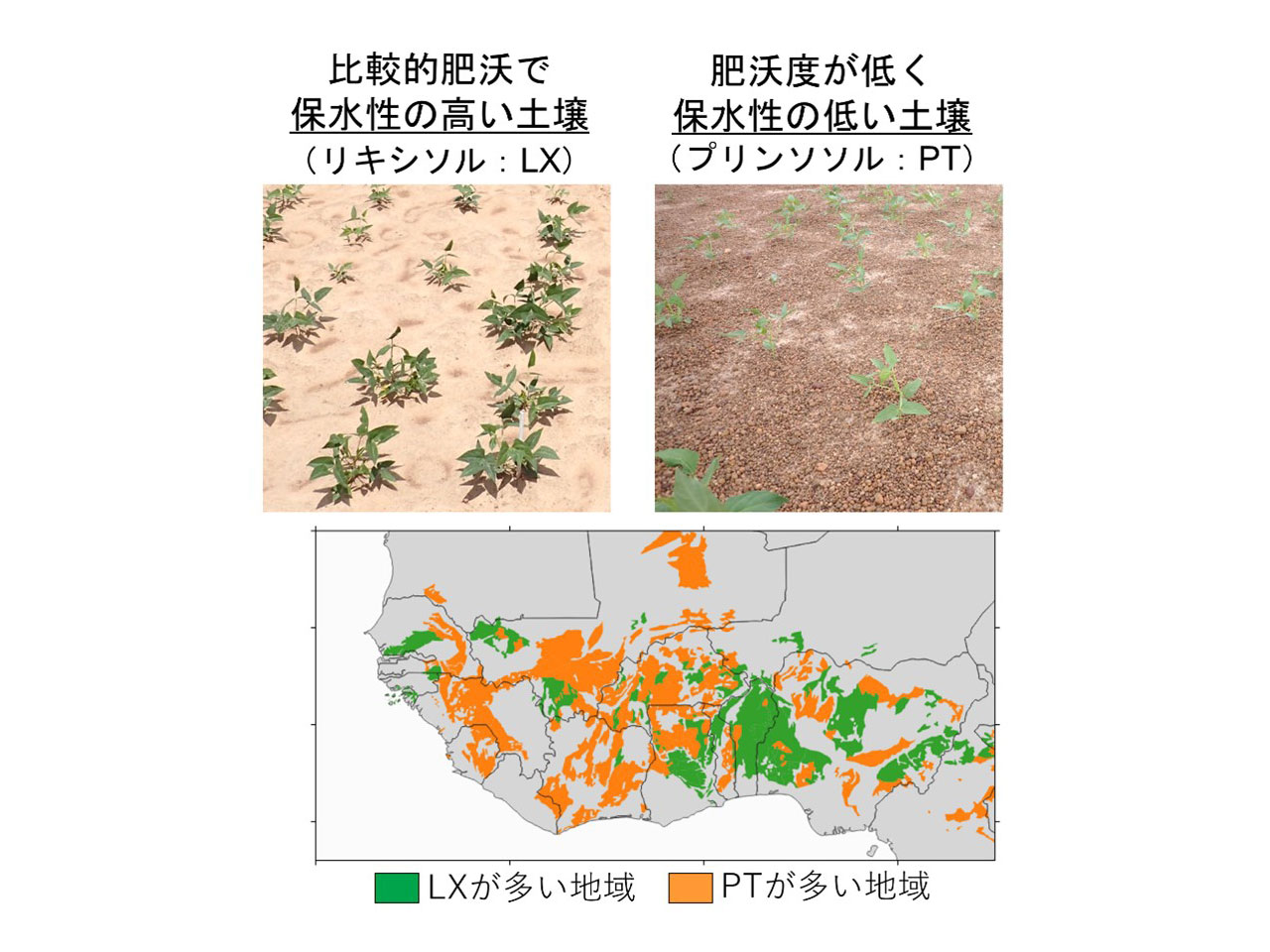2023-11-20 ミュンヘン大学(LMU)
◆Feuerriegel教授は、これに対抗するためには緊急に基本研究が必要であり、LMUなどで多岐にわたる研究が進んでいると語っています。
<関連情報>
- https://www.lmu.de/en/newsroom/news-overview/news/artificial-intelligence-stemming-the-tide-of-fake-facts.html
- https://www.nature.com/articles/s41562-023-01726-2
AIが生み出す偽情報への対策に役立つ研究
Research can help to tackle AI-generated disinformation
Stefan Feuerriegel,Renée DiResta,Josh A. Goldstein,Srijan Kumar,Philipp Lorenz-Spreen,Michael Tomz & Nicolas Pröllochs
Nature Human Behaviour
Generative artificial intelligence (AI) tools have made it easy to create realistic disinformation that is hard to detect by humans and may undermine public trust. Some approaches used for assessing the reliability of online information may no longer work in the AI age. We offer suggestions for how research can help to tackle the threats of AI-generated disinformation.
In March 2023, images of former president Donald Trump ostensibly getting arrested circulated on social media. Former president Trump, however, did not get arrested in March. The images were fabricated using generative AI technology. Although the phenomenon of fabricated or altered content is not new, recent advances in generative AI technology have made it easy to produce fabricated content that is increasingly realistic, which makes it harder for people to distinguish what is real.




